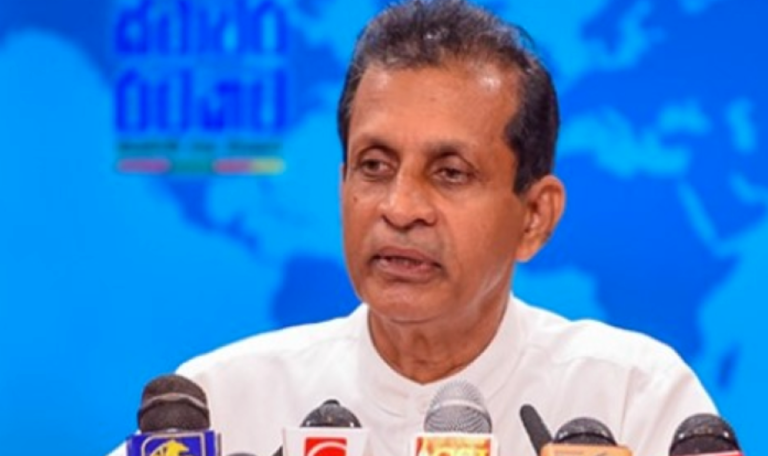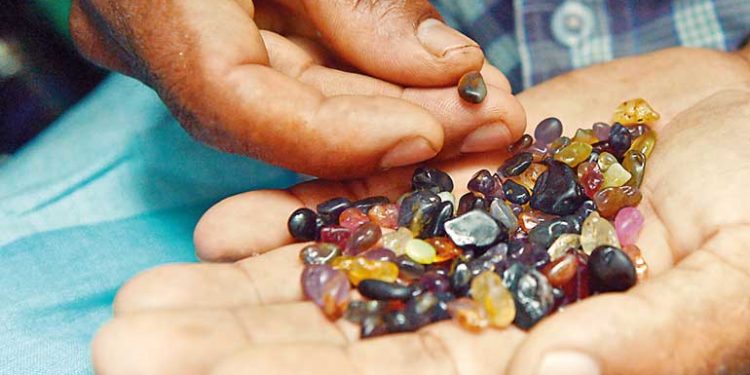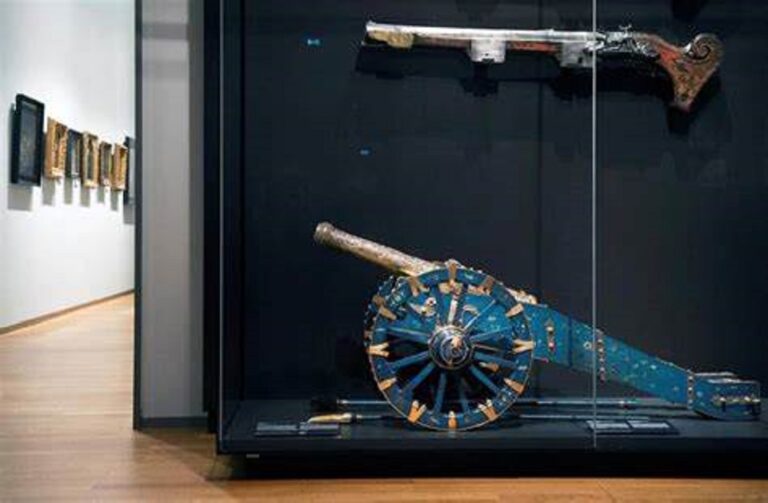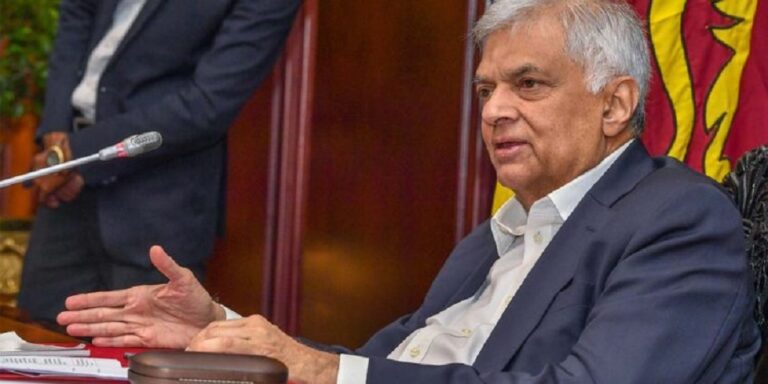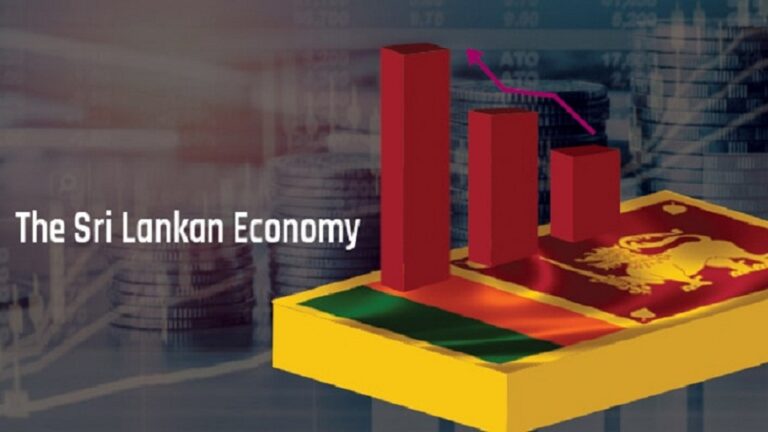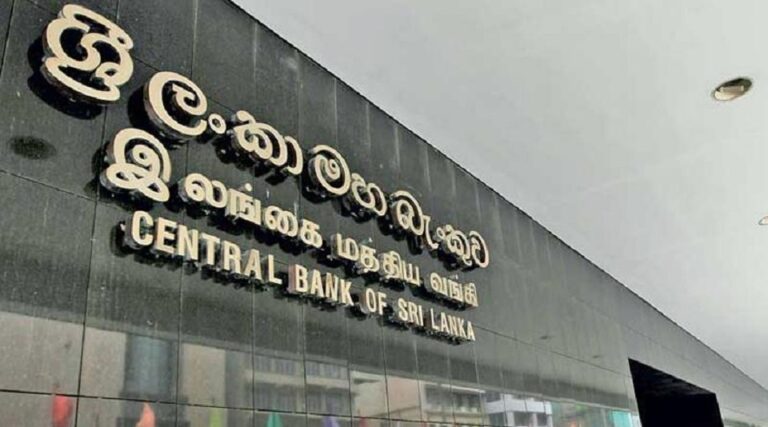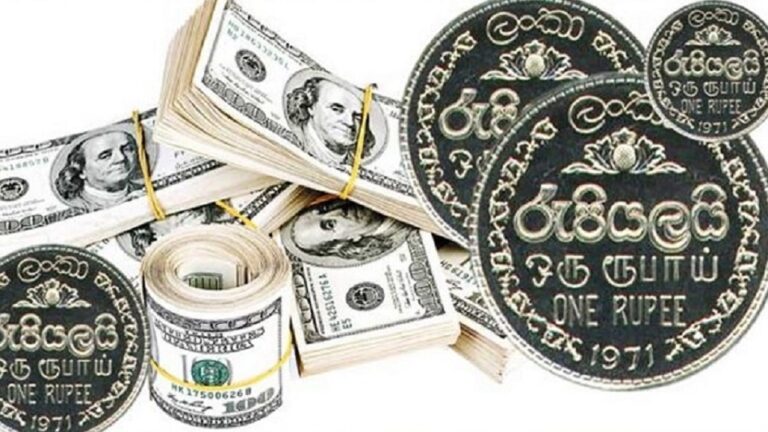The issue regarding the pension for Piriven teachers is on the verge of resolution, according to State Minister of Piriven Education, Mr. Vijitha Beirugoda.
He emphasized the necessity of amending the Pension Act and the Piriven Education Act. The recommendations provided by the Department of Pension, Department of Attorney General, and the Department of Legal Draftsman are currently undergoing the approval process by the Cabinet Ministers.
During his participation in a press conference at the Presidential Media Centre (PMC) yesterday (24) under the theme ‘Collective Path to a stable country’ Minister Vijitha Berugoda underscored the deep-rooted connection between villages and temples. He praised Piriven education, rooted in the Maha Vihara education system, for its historical significance in nurturing learned and mature Maha Sangha, who are considered as the guardians of the nation.
There are 822 piriven spanning five main sections across 22 out of the 25 districts of the country. With more than 8,000 staff members, including 7,591 teachers, these institutions serve 40,941 novice priests and 36,990 lay students.
Despite the current economic challenges, President Ranil Wickremesinghe has played a significant role in advancing education within the nation. This has enabled the Ministry of Education to actively address issues faced by the Piriven education system.
The Piriven system collects 12% of teachers’ monthly salaries for pension, a practice not applied to other school teachers or government employees. Efforts are underway to rectify this disparity.
However, the Ministry of Public Administration has stressed the need to amend the Pension Act and the Piriven Education Act due to significant inconsistencies. Collaboratively, the Ministry of Public Administration and the Ministry of Education are in the process of submitting a joint Cabinet Paper, adhering to the recommendations from relevant departments.
Efforts for infrastructural development are also on-going across all districts, supported by Annual budget as well as from the Embassies of the Buddhist Countries and philanthropists from Sri Lanka and other Buddhist countries. Along with that a Piriven Fund has been initiated to strengthen Piriven education. The Ministry has ensured that Piriven institutions receive essential facilities similar to regular government schools and are introduced to a novel “Smart Education System”.
Moreover, the concept of the village and the temple, which may have grown distant, is being addressed through a program called “Sil Suwadai – Hela Diviyai” with the aim of reuniting these vital components. This initiative is expected to bolster the education system by preserving the tradition of novice monks.

